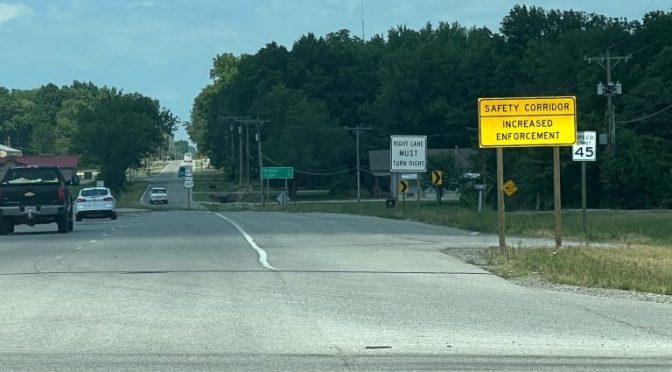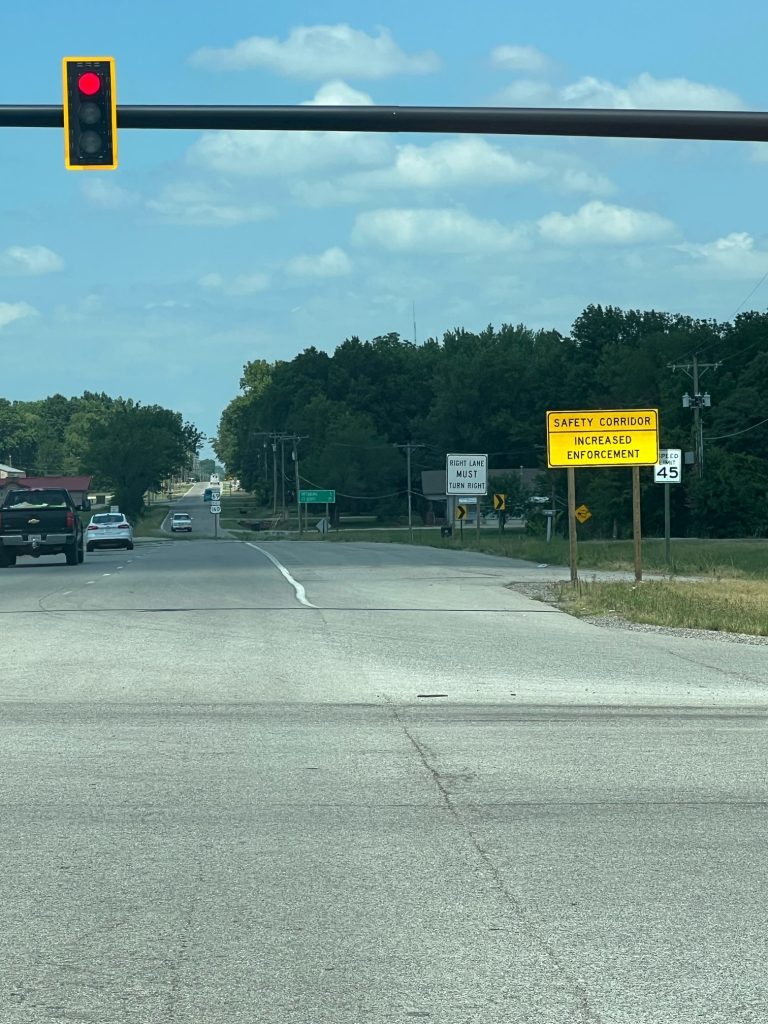TOPEKA – Kansas Department for Aging and Disability Services (KDADS) Secretary Laura Howard announces the agency has reopened its Shared Living Program, a Home and Community Based Services (HCBS) living option for individuals with Intellectual and/or Developmental Disabilities (IDD).
“The process to re-introduce this program to Kansans with IDD has been an important one and we are grateful to and want to acknowledge those who continuously advocated for this program across the state and for those who participated in the creation of the manual,” KDADS Secretary Howard said. “Our team and our partner group has implemented best practices in our state, answered questions, developed tools, and have been vital in this program’s development.”
Shared Living is a nationally recognized model for habilitation or residential services for individuals with IDD. In Shared Living, one to two Participants share a home with a family or single adult’s family (the Contractor). The Contractor lives with the Participant and provides supports to them in accordance with the Participant’s person-centered support plan to include social activities, companionship, teaching, daily living skills, supported employment, night supports and other needs.
“Shared Living provides adults with IDD the opportunity to live in a supportive, family-like environment that promotes independence, social inclusion, and a sense of belonging,” Sunflower Health Plan’s President and CEO, Michael Stephens said. “Sunflower is proud to partner with KDADS and IDD providers to reopen this program.”
Participants in the Shared Living Program have the same rights, responsibilities, and assurances as other Participants receiving HCBS-IDD services in other settings. All services and supports will comply with KDADS licensing, Community Developmental Disabilities Organization (CDDO) quality assurance, Managed Care Organization (MCO) reviews, the Person-Centered Support Plan, and other quality assurance reviews.
KDADS has developed the standards for the Shared Living Program in collaboration with a group of licensed residential providers currently providing Shared Living services for Participants on Kansas’ HCBS-IDD Waiver. The Shared Living Manual, effective July 1, 2023, formalizes existing practices and addresses specific issues related to the HCBS-IDD residential requirements and the expansion of the Shared Living Program in Kansas. The Shared Living Manual may be amended based on public comment.
“We are excited to offer this high-quality service option to our Sunflower members and other adults with IDD across Kansas. We appreciate the knowledge and collaboration KDADS and our provider partners offer to inform the future structure of this valuable service model,” Sunflower’s Vice President of Long-term Care and External Relations, Stephanie Rasmussen, said.
KDADS expects the Shared Living Program to:
- Contribute to the development of individualized, independent daily living routines through encouragement of informed choice, creativity, and enrichment of a Participant’s life.
- Assist participants in contributing to Kansas as a community.
- Support quality homes or apartments that are integrated into our communities.
- Consistently teach new skills with evidenced-based practices.
- Foster inclusion.
- Gently and respectfully address inappropriate behavior, with an emphasis on prevention by teaching alternative behaviors through the provision of enriched environments, activities, and choices.
- Ensure that all behavioral interventions comply with state statutes to ensure the least restrictive environment possible.
- Increase a Participant’s ability to live in the least restrictive environment.
- Encourage and support the development of relationships between Participants, participant peers, families, roommates, employees, friends, coworkers, roommates, and other community members.
- Motivate participants to learn new skills and avoid behaviors that are stigmatizing or harmful.
- Comply with federal Centers for Medicare and Medicaid Services (CMS) Final Rule and all local, state, federal, and Program requirements.
- Promote the need for choice, exercising autonomy, and control over one’s own services.
- Address workforce shortages without compromising quality of services and supports.
The entry timeline for the program is staggered to allow development and implementation to progress efficiently:
- July 1, 2023 – All Providers currently providing Shared Living Services can continue to do so and expand into other catchment areas. Any Residential Licensed Provider in good standing can begin the process to provide Shared Living Services.
- January 1, 2024 – New applicants can begin the process to become a Residential Licensed Provider to provide Shared Living Services. New applicants can include any new or existing agency that wishes to be become licensed for Residential Services and offer the Shared Living Program.
Any agency currently providing Shared Living or that would like to become a Shared Living Provider can contact KDADS’ IDD Licensing Manager Aaron Norris.
###



